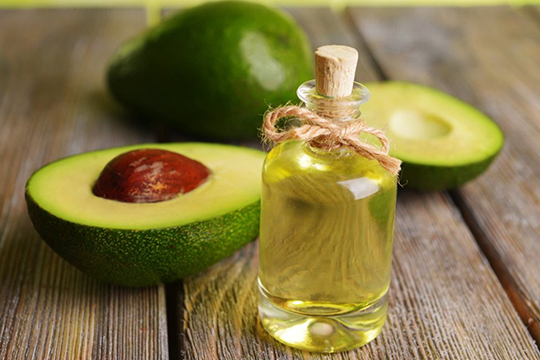
Choosing the right cooking oil to keep on hand for all your kitchen needs can be a bit of a headache, particularly with supermarket aisles absolutely brimming with options. First thing’s first… Let’s discuss why the oil’s smoke point is super important when it comes to choosing the right oil for each occasion.
An oil’s smoke point is the maximum temperature it can be heated to before it starts to smoke, discolour and become damaged. When oil begins to smoke, it releases carcinogens into the surrounding air and creates free radicals within the oil. Free radicals can wreak absolute havoc in your body, causing damage to cells and over time even leading to illness. Heating oil beyond its smoke point can cause serious health issues and can also give rise to a yucky taste and smell.
The smoke point of an oil is highly dependent on its fatty acid profile i.e. its unique makeup of saturated fat, monounsaturated fat and polyunsaturated fat. Oils with a higher proportion of saturated fat are the most stable to heat, followed by those with higher monounsaturated fat content, with polyunsaturated fat being the most vulnerable to heat. The smoke point of an oil is also dependent on how much refinement it has been through in the production process after it has been extracted from its seed, nut, bean or grain.
Probably our top pick, this classic Mediterranean oil has been popular for a long, long time and is well-documented for its nutritional value, being rich in our fave heart-healthy monounsaturated fats, as well as the yummy flavour it adds. However, if cooked at a high temperature olive oil will begin to deteriorate and may give an off-putting taste and flavour. Therefore, keep olive oil on hand for low to medium heat cooking; light sauteing, poaching, salad dressings or simply drizzled over al dente pasta.
Coconut oil is another pantry staple for us, high in natural saturated fats and providing a deliciously rich, coconutty flavour. Its recent wave of popularity is all thanks to its versatility in cooking/baking, especially in vegan recipes. Being so high in saturated fats, coconut oil can tolerate a high heat which makes it an easy cooking choice. Remember to choose extra virgin, cold-pressed coconut oil to get the best nutritional properties.
The most common sunflower oil found on supermarket shelves is a refined variety with a neutral flavour and the ability to take on high heat. Sunflower oil is a versatile, all-purpose oil that can get any job done; roasting, frying, searing, baking… However, the downside of using a refined oil is that you lose most of its nutritional value in the production process.
Peanut oil has a delicious nutty flavour and a very high smoke point, therefore is a great choice for stir-frying. A high quality peanut oil is useful for all your cooking needs, providing a good dose of healthy fats and being stable at high heats. Pic’s Extra Virgin Peanut Oil is a high quality product made with the same hi-oleic peanuts used to make the infamous Pic’s Peanut Butter. It is produced using the cold-pressing method which involves virtually no filtering, therefore maintains all the goodness that comes with these hi-oleic peanuts.